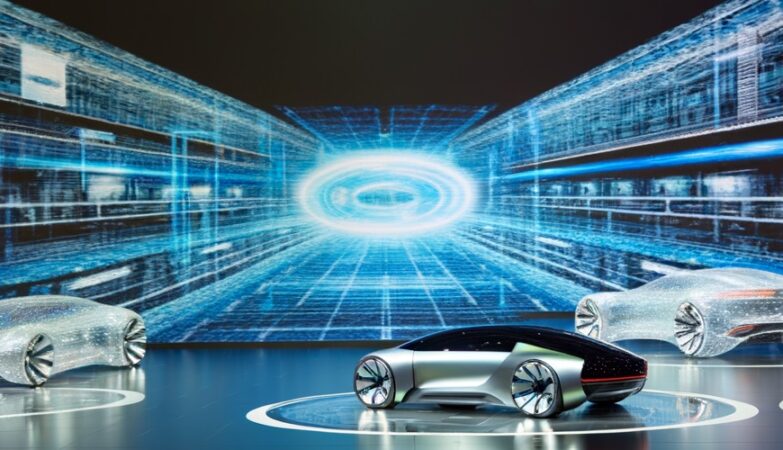The automotive industry is a vast and ever-growing sector that encompasses the design, development, manufacturing, and sales of vehicles. From cars and motorcycles to trucks and buses, this industry plays a crucial role in our daily lives. In this article, we will explore the importance of the automotive industry, its impact on the economy, and its technological advancements.
Firstly, the automotive industry is a significant contributor to economic growth, providing employment opportunities and driving innovation. In many countries, the automotive sector is one of the largest employers, creating jobs for millions of people. From manufacturing workers to salespeople, designers to engineers, the automotive industry offers a diverse range of career paths.
Additionally, the industry has a significant economic impact due to its extensive supply chain. Companies involved in the production of vehicles also rely on numerous suppliers for parts, materials, and services. This interconnected network of suppliers creates a ripple effect in the economy, generating business for various sectors and contributing to overall economic growth.
Moreover, the automotive industry plays a crucial role in research and development. Companies continuously strive to introduce new and improved vehicles that are more efficient, safer, and environmentally friendly. This drive for innovation has led to advancements in technology, such as electric vehicles, autonomous driving, and advanced safety features like collision avoidance systems and lane departure warnings.
The rise of electric vehicles is one of the most significant trends in the automotive industry. With concerns about climate change and pollution, there is a growing demand for electric vehicles as a more sustainable alternative to traditional gasoline-powered cars. Automakers are investing heavily in the development of electric vehicles, driving down costs and increasing their range. This shift towards electric vehicles not only reduces emissions but also reduces our dependence on fossil fuels.
Furthermore, autonomous driving technology is transforming the automotive industry. Companies like Tesla, Waymo, and Uber are investing in self-driving cars, aiming to revolutionize the way we travel. Autonomous vehicles have the potential to reduce accidents caused by human error, increase road safety, and improve traffic flow. While fully autonomous vehicles are not yet mainstream, many cars already feature advanced driver-assistance systems, such as adaptive cruise control, automatic emergency braking, and self-parking capabilities.
Another important aspect of the automotive industry is its commitment to safety. Automakers are continually working to improve the safety features of their vehicles, aiming to reduce injuries and fatalities on the road. Technologies like anti-lock braking, airbags, and stability control systems have become standard in modern vehicles, significantly enhancing occupant protection.
In conclusion, the automotive industry is a fundamental component of our economy and society. It drives economic growth, creates jobs, and fosters innovation. With advancements in electric and autonomous vehicles, the industry is moving towards a more sustainable and efficient future. Additionally, enhanced safety features continue to be a top priority for automakers. As technology continues to evolve, the automotive industry will undoubtedly continue to shape our lives and transform the way we travel.







